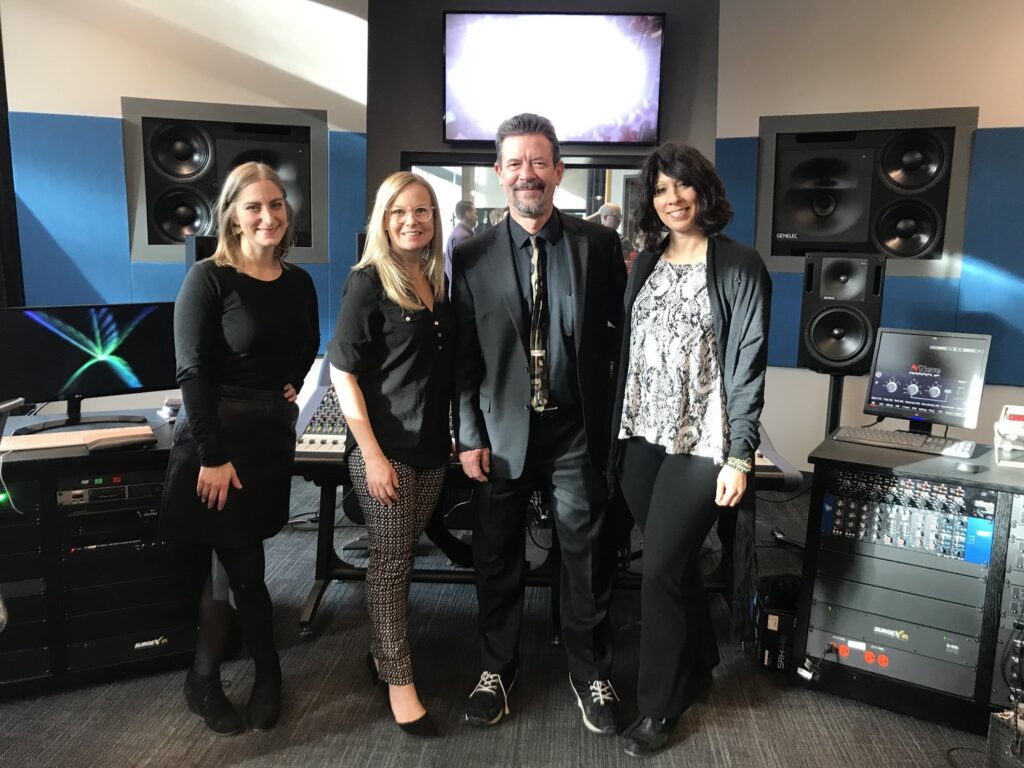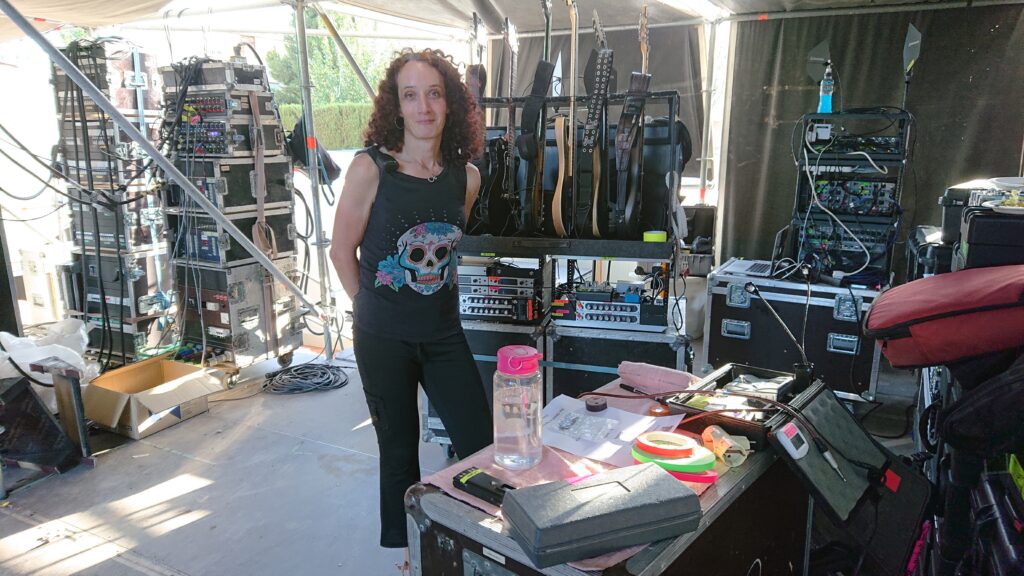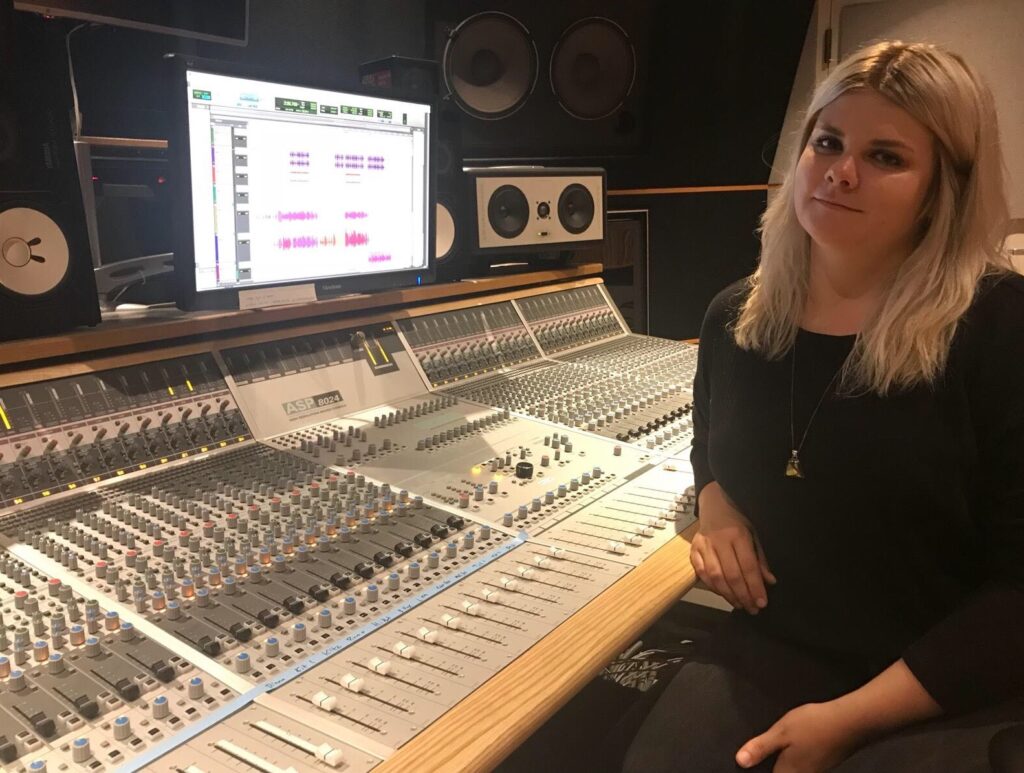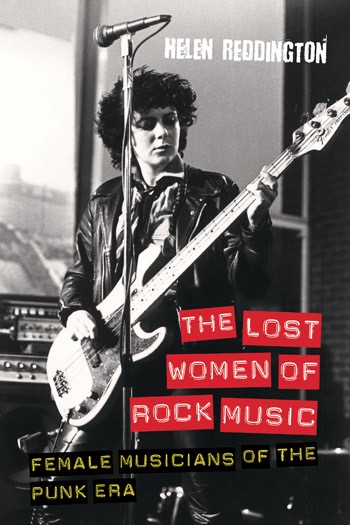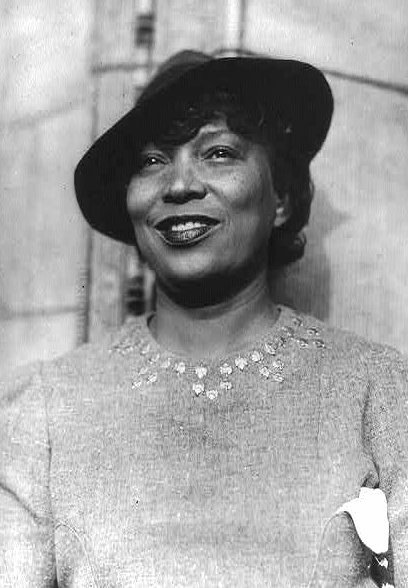Women in Audio Engineering
Although women from every generation continue to forge ahead in our field, the hard reality of being only five percent of the industry means that women rarely have the privilege of meeting one another.
Women in Sound Design
An Interview With The Only Two Women Ever Nominated for a Tony Award in Sound Design Jessica Paz and Cricket S Myers.
Interview with Erin Frisby of This Could Go Boom!
I recently spoke with Erin Frisby, one of the founders of Washington, DC-based grassroots non-profit This Could Go Boom! (TCGB!). Erin is a Soundgirls member, engineer, multi-instrumentalist, and member of DC-area bands The OSYX and FuzzQueen.
Lifting each other up – Interview with Naomi Larsson
Naomi Larsson is an award-winning humanitarian journalist with a hefty back catalogue of empowering and candid pieces on women in music, she’s an active musician and creator of a female-centred collective titled “Sister Rosetta’s
Transitioning in the Music Industry
Laura Nagtegaal is a trans woman, fully tranisitioning in 2017. This is her experience working in the music industry.
Interview with Veronica Simonetti
Veronica Simonetti is the Lead Studio Engineer at Women’s Audio Mission (WAM) in San Francisco, California, where she has lived and worked for the past 4 years.
Interview with Rosa Lin, Acoustician
Listen to the room you currently reside. What do you hear? Is it traffic, an airplane, or is it a nearby playground? Can you hear your co-workers or just the hum of the air conditioner unit? These are questions Rosa Lin faces every day as an Acoustician in her quest to reduce unwanted noise.
Her story – Interview with Dr Helen Reddington
Helen McCookerybook / Dr. Helen Reddington a musician in the British Punk movement to academic and teacher, to a solo musician, author, and filmmaker. Helen is an ambassador for telling women’s stories.
Zora Neale Hurston
Ethnomusicology is the study of the social and societal sources of music and is heavily tied with anthropology and the study of folklore. Through this human-centric approach, researchers learn about the ‘why’ of music and how emotions are expressed in different communities.
